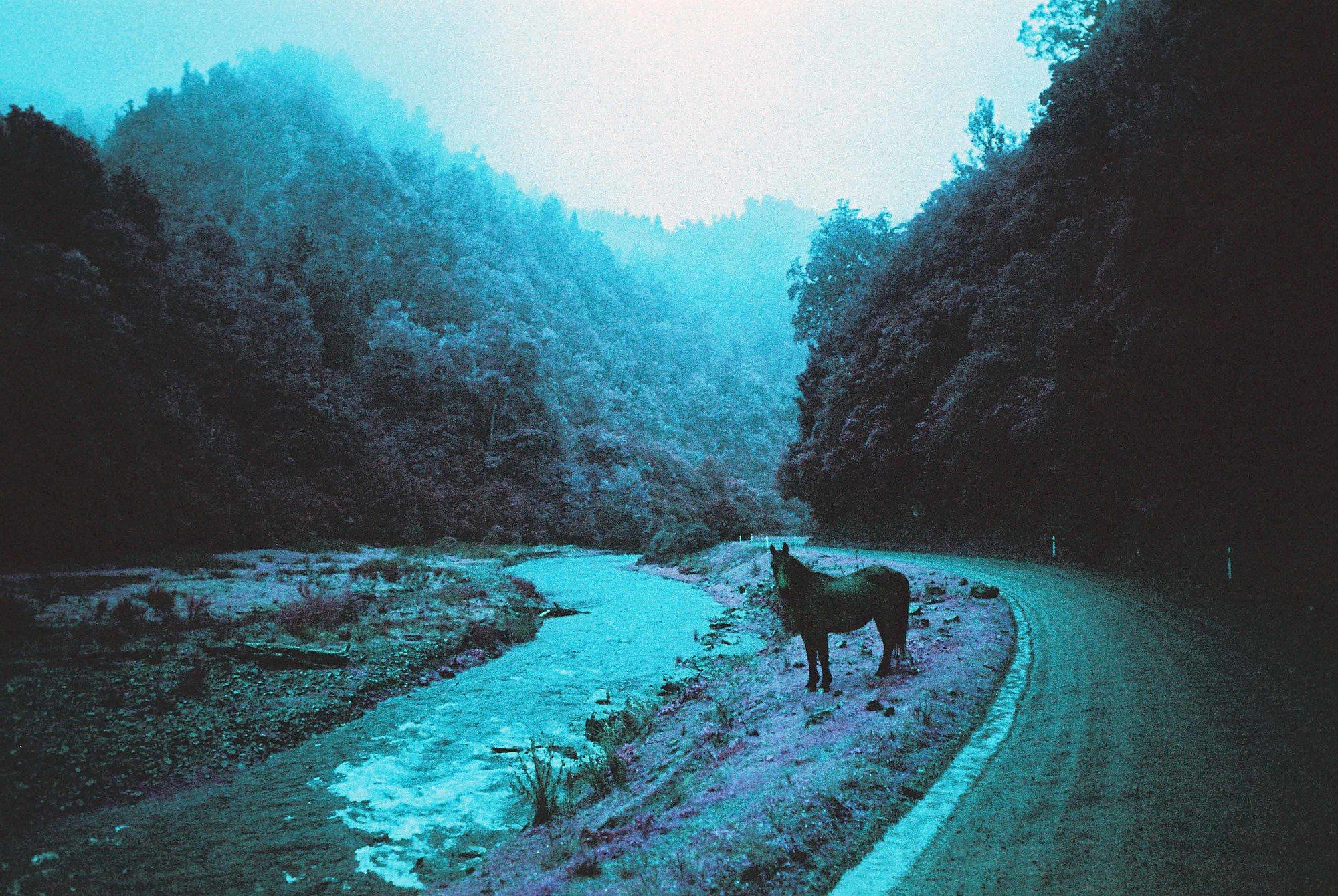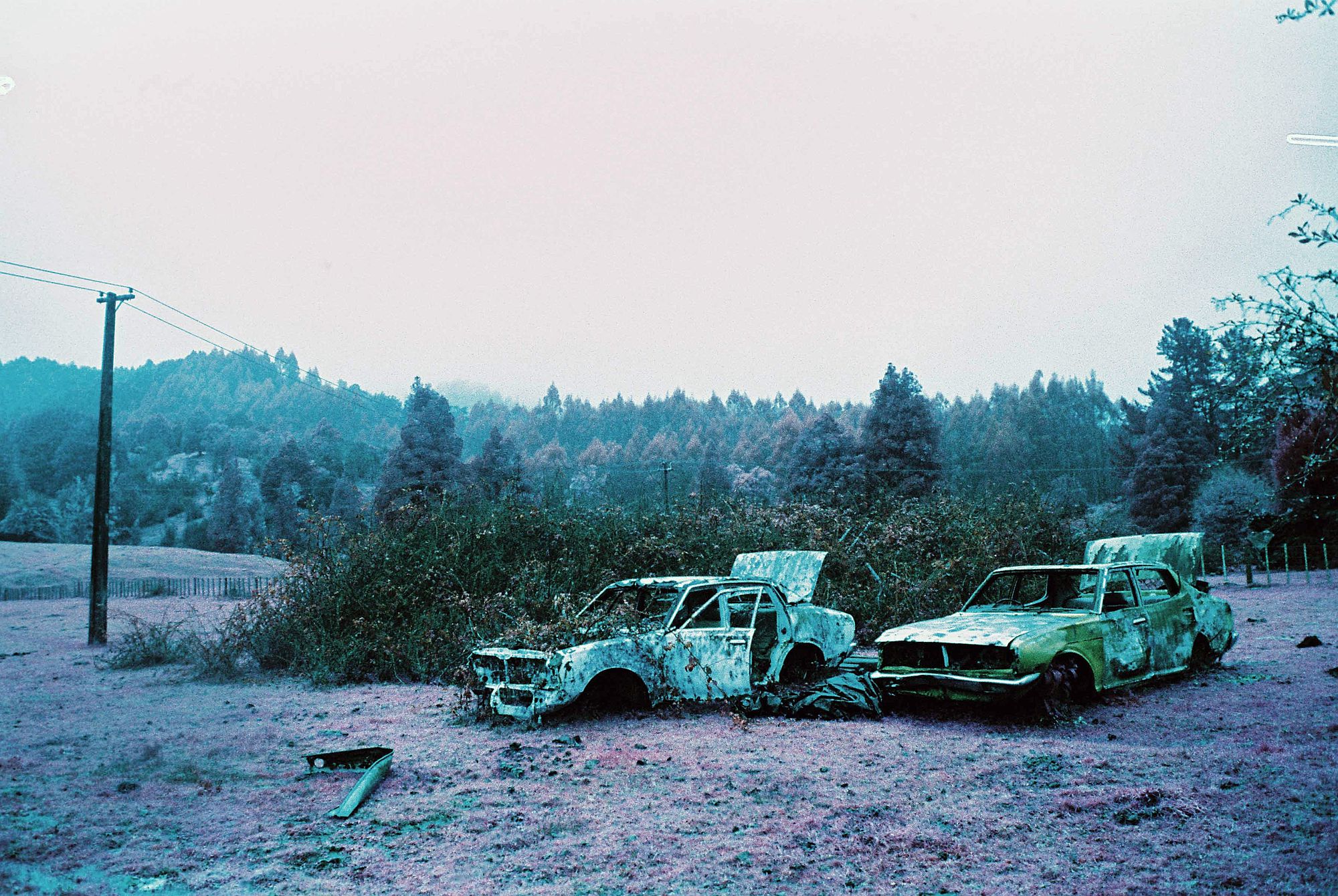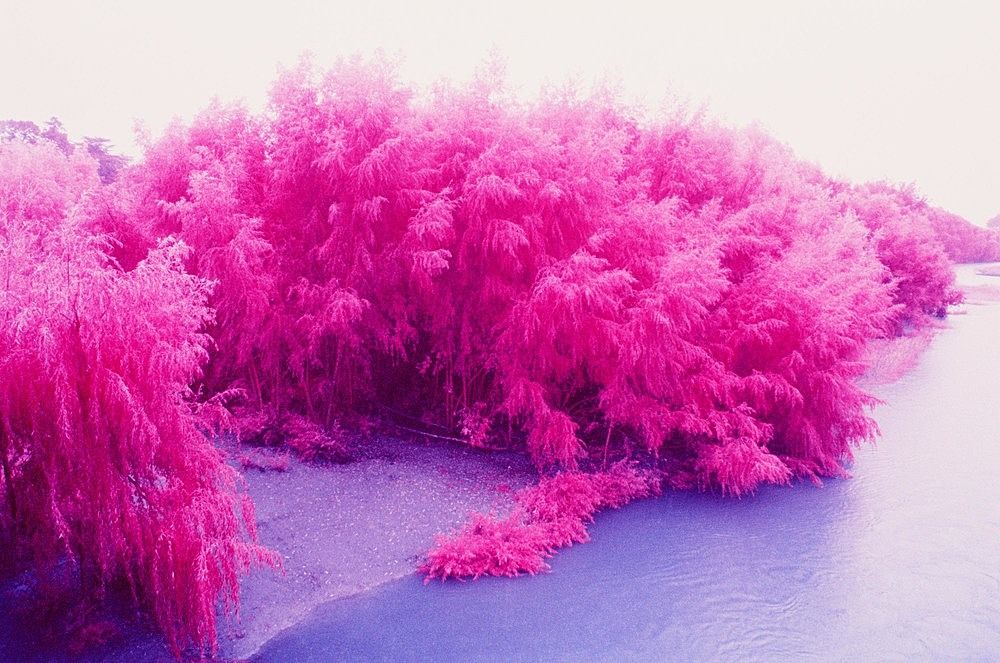Sneak Peek: Tim Flower for The Vernacularist
Read an excerpt from the latest edition of The Vernacularist: Urban-Rural: The Great Divide? explores the issues faced by cities and non-urban communities.
Ahead of the launch of Depot Press' latest issue of The Vernacularist (this one themed Urban-Rural), we share this essay by photographer Tim Flower on little-known Central North Island town, Minginui.
Minginui
Words and images by Tim Flower
It was a 2005 documentary Minginui that first drew my attention to this forgotten little Kiwi ghost town in the Central North Island. Minginui has fascinated me ever since.
Situated down a dead end road off one of the few routes through the Te Urewera National Park, Minginui was once a thriving logging town. Although the area was already home to Ngāti Whare, the Minginui township was built in the 1940s by the timber industry. It was made up of about 80 houses, a store, a community centre and other facilities. With the move towards centralisation of industry, the timber mill closed in the 1980s leaving most of the town’s inhabitants unemployed.
The general store is now closed, the community centre derelict, and many of the houses are abandoned. Horses roam free among the streets, deer skulls hang from old fences, and decaying car bodies scatter the town.
Minginui has a low profile, but in 2014 the struggling town featured in a segment on Seven Sharp which suggested settlements such as this were a drain on taxpayer money and should be closed down.
This viewpoint completely discounts the importance of community, whanau and history. It reminded me of a comment from former Australian Prime Minister Tony Abbott who, when referring to Government support of Aboriginal communities in rural Australia, said ‘It’s not the job of the taxpayer to subsidise lifestyle choices.’
In other words, if it’s not making money, we don’t need it.
I have spent a large part of the past couple of years working in cities including Tokyo and London. My last long-format job before returning to New Zealand was shooting a six-part series on the influence of gaming technology on modern pop music, largely based in Tokyo. This city is a highly urbanised environment, and the narrative of the project was centred around advancements in technology.
Back in New Zealand, I took full advantage of the freedom I had here to jump in the car and head into the wilderness, exploring areas that are worlds away from the fast moving cities that I had been working in.
I had recently come across an incredibly rare infrared 35mm film stock (Kodak Ektachrome 2236) that expired in 1991. Infrared film captures a spectrum of light invisible to the human eye known as near-infrared. It was traditionally used for scientific and military purposes such as camouflage detection and topography analysis.
Te Urewera has a long history of military operations, from the hunt for Te Kooti in the 1800s to the police raids in 2007. With these events in mind, and the recent media focus on Minginui, I felt that this film with roots in the military and science fitted the subject perfectly.
This little ghost town eschewing ties to the modern world, holding a haunting historic beauty, seemed a deserving subject of a film that expired around the same time that the town’s economy dried up.
The Vernacularist: Urban-Rural: The Great Divide?launches on Wednesday 14 December
at Depot Artspace
5.30pm
The contributors for this issue are (in alphabetical order)
Emma Badeia, Riki Bennett, Linda Blincko, Nigel Brown, Jinki Cambronero, Dawson Clutterbuck, Louise Evans, Tim Flower, John Foster, Jack Gray, Vanessa Green, Fauze Hassen, Christopher Howard, Sophie Jerram, Kemi Niko & Co, Arohahui Lawrence, Sam Mesler, Sam Morrison, Jermaine Reihana, Jessica Ward, and Tony Watkins. Their work paints a varied and diverse picture of Aotearoa New Zealand and how landscapes are an integral part of our identity.



